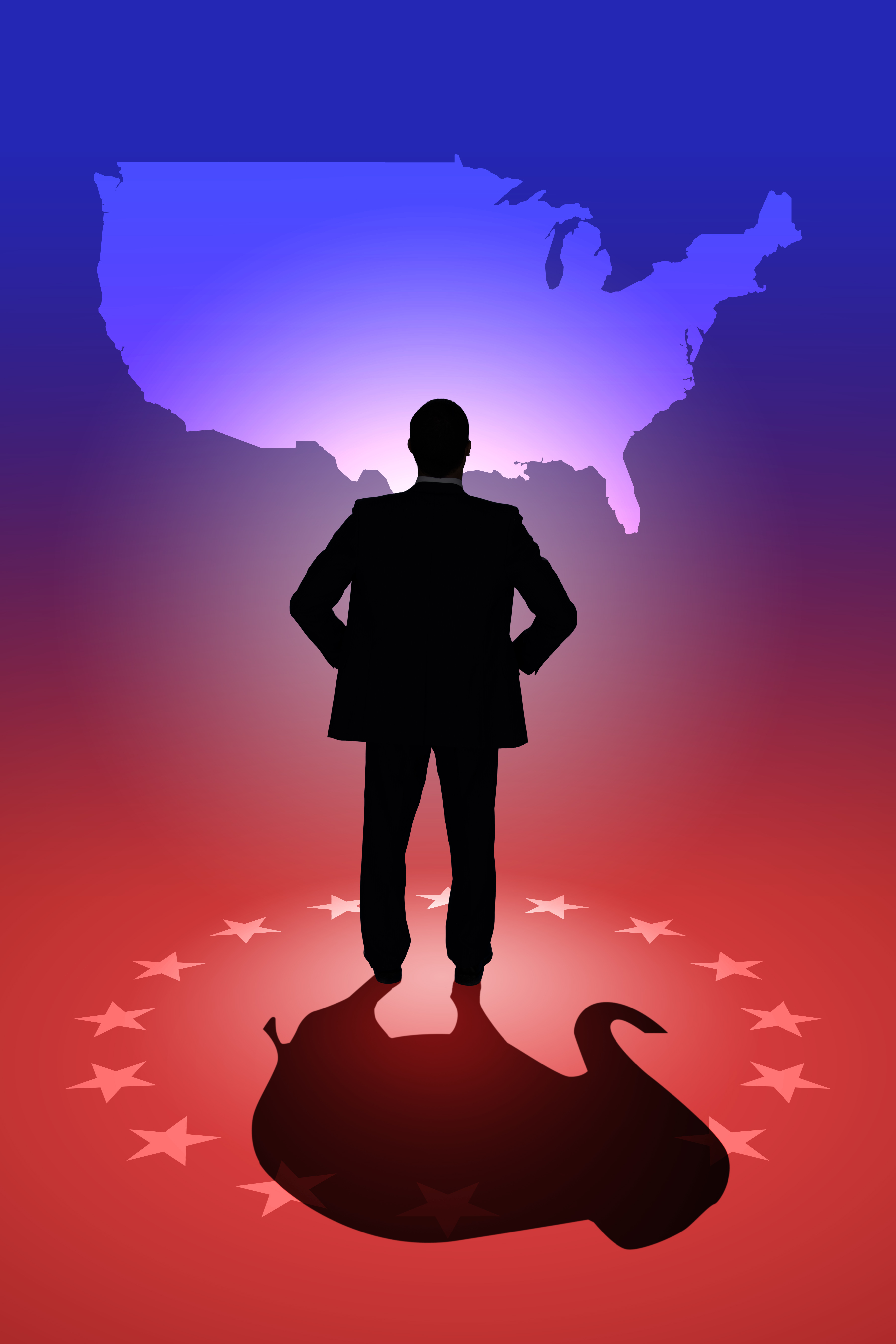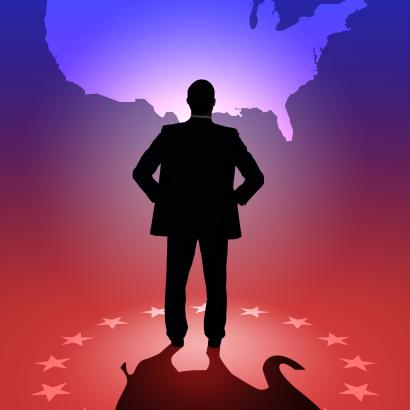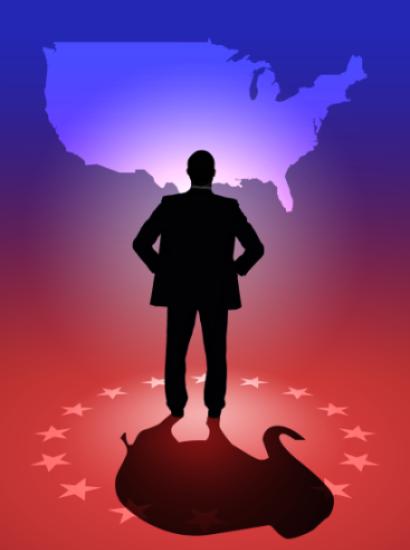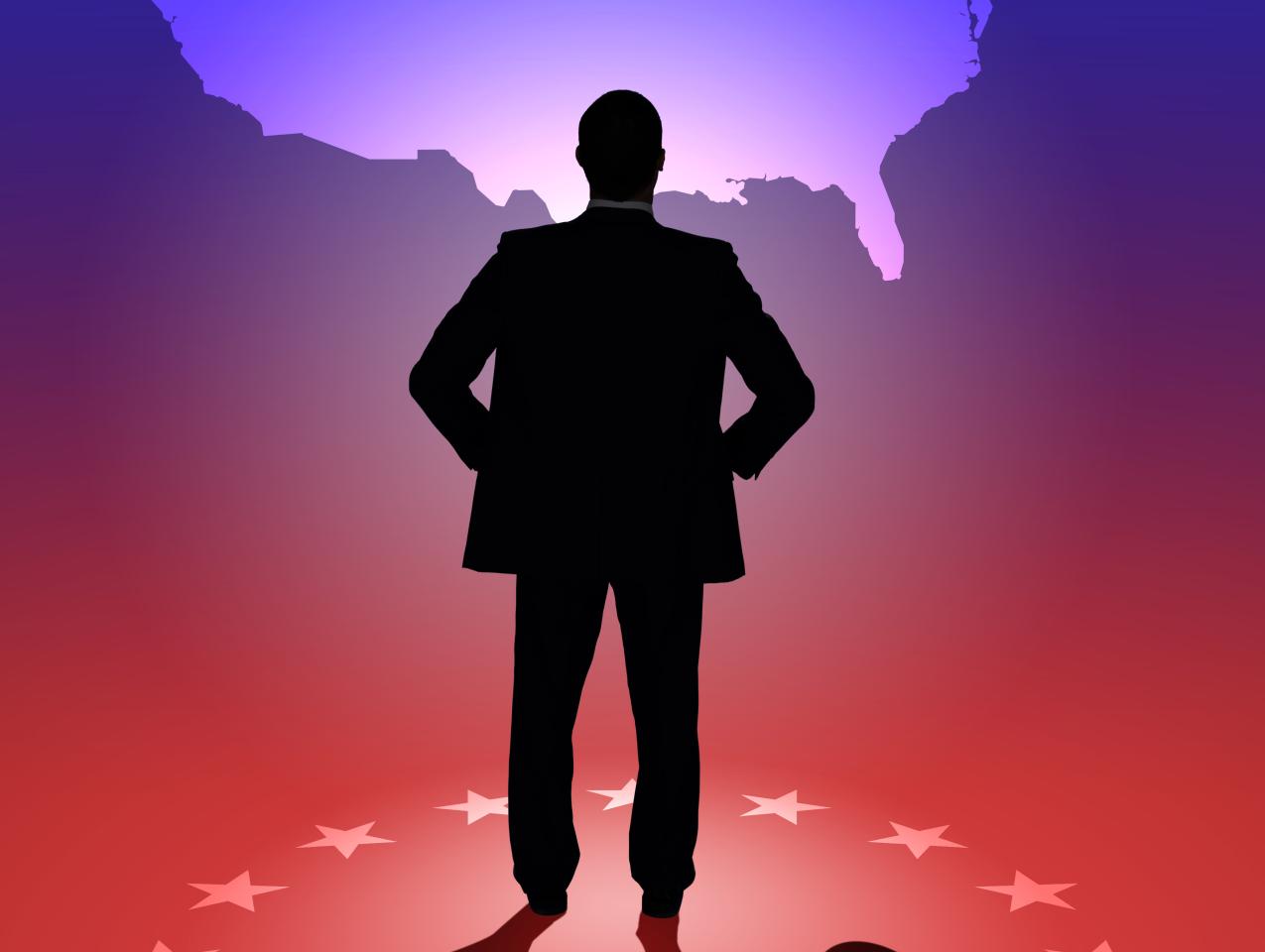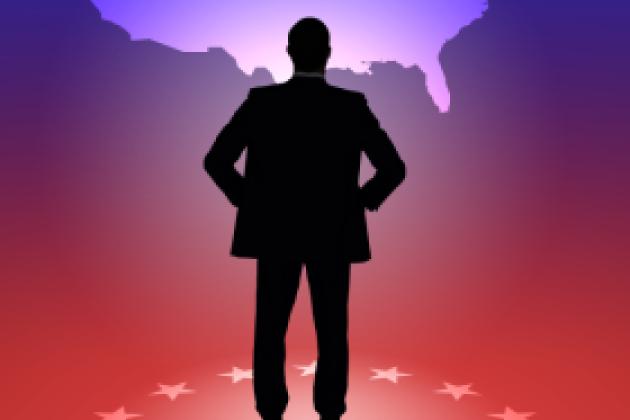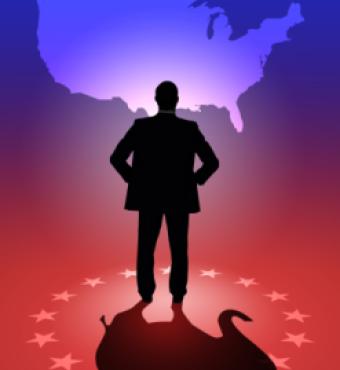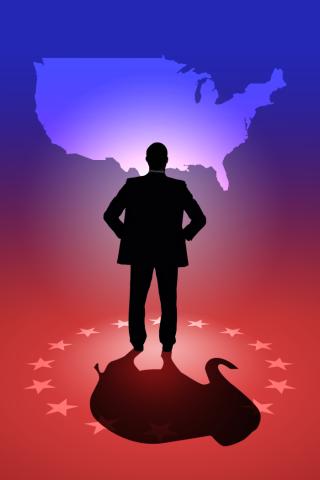- Politics, Institutions, and Public Opinion
- Campaigns & Elections
- The Presidency
More Americans now call themselves independents than Democrats or Republicans, and New Hampshire, the site of Tuesday's GOP primary, is no different. About 40% of Granite State voters are not registered in either major political party, and our best estimate is that the share of independents nationally has grown to 42% from 35% over the past three years. That 7% of the electorate is big enough to have changed the outcome of any of the last five presidential elections—and this is not necessarily good news for the GOP.
Barack Obama carried independents by an eight-point margin in the 2008 exit poll—and Republicans carried them by a 19-point margin in the 2010 midterms. Thus GOP candidates may be tempted to believe the independents' disaffection with the president that cost Democrats control of the House will lead inexorably to a Republican presidential victory this year.
Not so fast. In the first place, Republicans benefited from a low Democratic midterm turnout. According to exit polls, there were about equal numbers of Democratic and Republican voters in the midterm, unlike 2008 when Democratic voters outnumbered Republicans by seven percentage points (39% to 32%). Republicans can't count on a low Democratic turnout in 2012 and there are still more registered Democrats than Republicans. To win in 2012, it's good enough for Democrats to split the independent vote. Republicans need to carry a clear majority. And there are significant policy disagreements between independents and the Republican base.
Take, for example, a YouGov survey conducted on Dec. 22. After the economy (which all voters said was their No. 1 concern), the next most important issues for Democrats are Social Security, Medicare and the environment. For each, their preference is for the federal government to do more. For Republicans, the next most important issues are the budget deficit, taxes and immigration and, for the first two, they want the federal government to do less.
Independents, on the other hand, say that health care and education are more important. They tend to worry about what the federal government does in each area, but unlike the Republican base they are not opposed in principle to federal action.
On ObamaCare, for example, independents oppose repeal 40%-33% while Republicans favor 62%-23% and Democrats oppose 46%-27%, according to a Nov. 12 YouGov survey. And in an Oct. 29 YouGov survey, independents opposed cutting federal education spending 56%-20% while Republicans favored reductions 39%-29%. Democrats opposed cutting spending 67%-8%.
Independents are usually closer to Republicans than Democrats on the general issue of the size of government and government spending. In a Nov. 22 YouGov poll, 76% of independents favored decreasing federal spending and almost half would include entitlements within these cuts.
On the other hand, they are closer to Democrats on raising taxes: 36% of independents favored increasing taxes across the board versus 43% of Democrats and 7% of Republicans.
Moreover, a Sept. 27 YouGov poll revealed overwhelming support for raising taxes on the wealthy: 55% of independents favored raising taxes on families earning over $250,000 (versus 43% of Democrats and 7% of Republicans), and 72% of independents favored raising taxes on families earning more than $1 million (versus 88% of Democrats and 46% of Republicans).
Among the leading Republican presidential candidates Mitt Romney has consistently done the best among independents nationally. He normally splits the independent vote with President Obama (38% to 38% in the Dec. 22 YouGov poll), while Newt Gringrich trails among independents by 13 points. But to win, Mr. Romney would have to do better than split the independent vote.
Neither President Obama nor the eventual Republican nominee has the independent vote locked up. How the candidates explain their plans to get the economy moving, and the crucial trade-offs among deficits, jobs and the safety net will determine how the crucial independent vote goes in the 2012 election. Preaching to the choir of Republican primary and caucus voters may well be necessary to win the nomination. But independents hold the key in November 2012.
Mr. Brady is deputy director of the Hoover Institution and a professor in the Graduate School of Business at Stanford University. Mr. Rivers is a senior fellow at the Hoover Institution and a professor of political science at Stanford. He is also chairman of YouGov America, a survey and research company.







